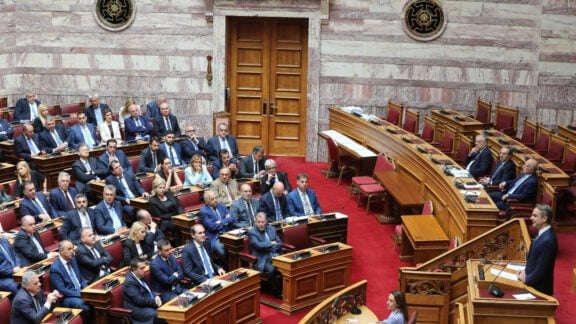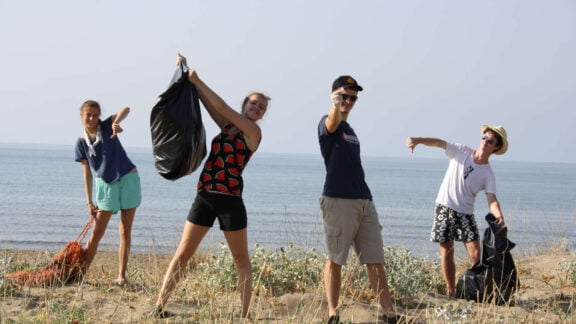Humanity, no doubt, is in a most difficult turning point in history. Not only a crisis of all sorts, — political, financial, and ideological — but also a social, family and personal fragmentation point. A gloomy and threatening scene for humanity in contemporary times. This scenery fills our hearts with horror and desperation. Unquestionably, the postwar prevalence of consumer culture and the emancipation of ethics, highlights the deep transformation of emotional and intellectual energies of men.
This change not only affects the financial or communication field, but also touches the quality of man’s character- of his deeds and of his beliefs. In addition, the man of our era has turned away from love, brotherliness (fraternity), philanthropy and humility. He has entered the field of egotism and believes that in this way he will be able to feel and to experience the perfect completeness. Nevertheless, he soon realises that everything he has acquired is not sufficient and as a result he pursues something else. Kant said: “Give man every single thing he wishes and at this very moment he will feel that this “everything” is not everything” (Synaxis, 116, 2011, 00, 00). Both the above-mentioned egocentric situation and the contemporary way of living has brought about the crisis of these days, which, in essence, is nothing but a social fragmentation and a breaking up of the relationships between people.
Is it possible, however, for the modern man to get out from this suffocating ring? Yes, indeed, there would be a possibility, if only the contemporary man, and especially the Orthodox faithful, realise that we are not a mere “political or economic being”, as Aristoteles claims (Ethica Eudemia, 1242a.23) or just a “mechanical device”, according to Marx, but a being destined firstly to become a god by Grace, as Gregory the Theologian teaches (MPG 36, 560A) and secondly to exist as a person and not as an individual being. Man, being a person, is able to be associated directly with his Creator God and his fellow man. Unfortunately, the contemporary Greeks, have abandoned our own ideals, our own orthodox ethic, the God-man love: we built up Europe’s tower. Thus we have been subordinated to the “immoral” European humanism.
However, this subjection caused the falling into decline, the deterioration of ideals and social systems and the pessimism for every future prospect. Man’s turning towards freedom, that is brought about by the direct man’s relation to his Creator God and to his fellow man, will lead to the way out of this blind alley, in which he has been trapped. Through self-knowledge and God-knowledge man will find the strength to surpass his rationalism and his egotism and attain the knowledge of the cause not only of his own, but also of the world’s continuation.
At the same time, he will find the strength to overcome paralogism and death. Paralogism and psychosomatic death compose the heart of contemporary crisis and ethic, in the wider meaning of the term and as it has been analysed above, is the space in which man can be freed from these two plagues. May the present day man, and especially the Orthodox Greek, realise the above mentioned opinions, before we reach a complete catastrophe.
* Archimandrite Cyril Kostopoulos PhD, Preacher of Diocese of Patras, Patras, Achaia, Greece









